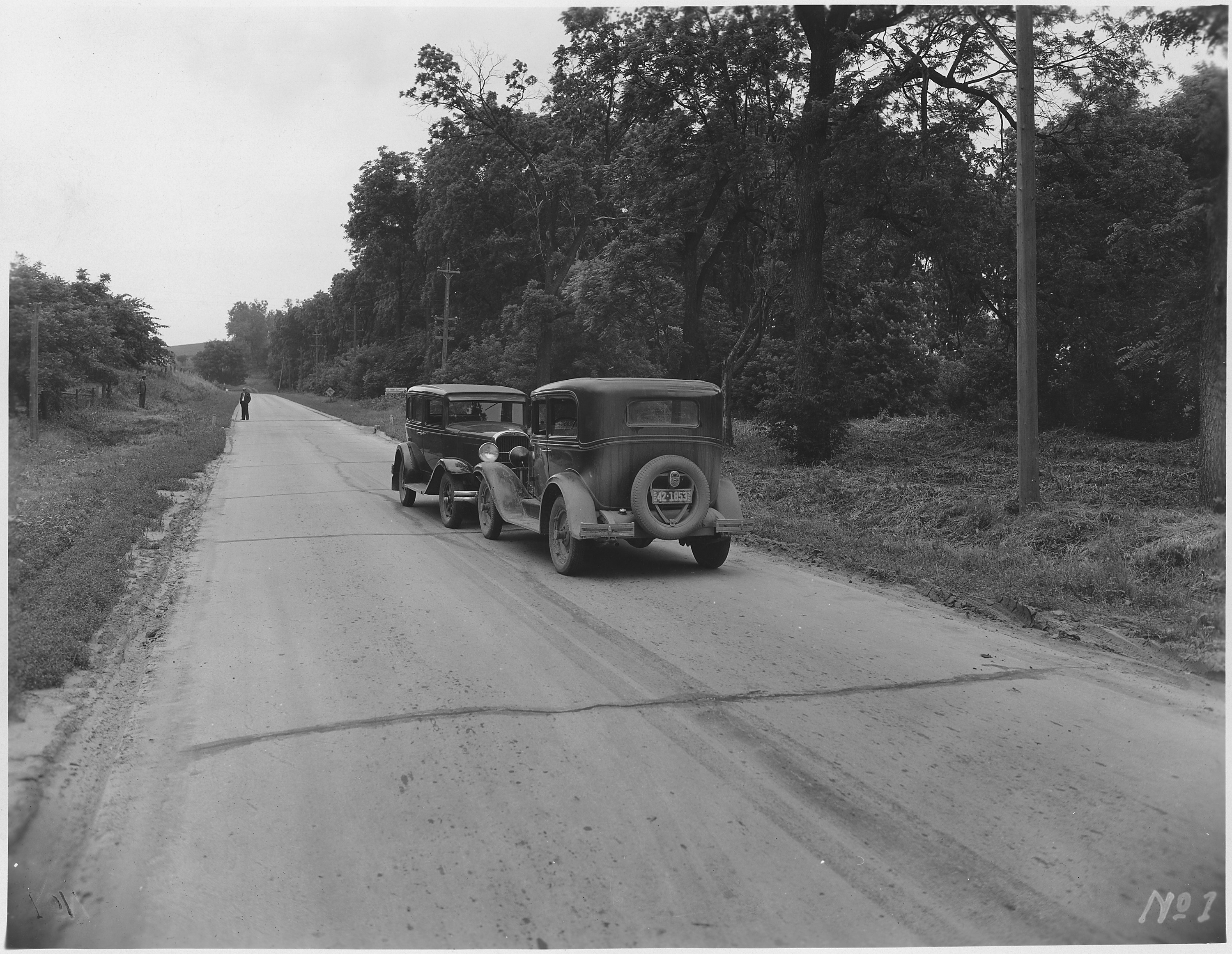 |
| Thomas a Kempis on Mount Agnes (c. 17th Century) via Wikimedia. |
 The Inner Life by Thomas à Kempis
The Inner Life by Thomas à KempisMy rating: 3 of 5 stars
Penguin's Great Ideas series showcases important works in an abbreviated format (not my favourite way to read), and this work by Thomas à Kempis is drawn from the larger work The Imitation of Christ. After reading Benjamin Franklin (see his 13-week virtues program in The Autobiography of Benjamin Franklin), Albert Camus, and James Allen, I can see the connections to this work dating from the early fifteenth century. There are also elements of Stoicism, recalling Marcus Aurelius. For example, on death at p. 20:
And of being in the world, especially when one is distracted by others, on p. 28:If you are not ready to die today, will tomorrow find you better prepared?
But to be able to live at peace among hard, obstinate, and undisciplined people and those who oppose us, is a great grace, and a most commendable and manly achievement... He who knows the secret of endurance will enjoy the greatest peace. Such a one is a conqueror of self, master of the world, a friend of Christ, and an heir of Heaven.
Here, James Allen's meditations shine through and it is pleasing to read these in the original. Having said that, there are times when the dialogue between Christ and the disciple, I suppose borrowing from Plato, irked me a little. Nevertheless, there is one part where, and I say this without having researched others' views on the matter, but in Chapter 2 of Book 3 (pp. 40-41), entitled How Truth Instructs us in Silence, the disciple raves on and on and never lets God put a word in edge-wise. This reminded me of Franklin's second virtue, silence, and how we tend to talk too much. I wonder if this was a precursor to the style of La Rochefoucauld? It certainly had me yelling at the disciple to just shut up and listen! Finally, Franklin's thirteenth virtue, to be like Jesus or Socrates, might make the reading of the complete book worthwhile. This is the most difficult of the virtues to comprehend. My reading of Kempis suggests that to think ourselves capable of imitating Christ is folly, and as a non-Christian, even emulating Socrates is egotistical, especially if one were to self-assess as anything other than a black mark for each day for not having been able to be so. Again, without looking to others, what I have gained from Kempis is not that we can imitate Christ (or Socrates, for that matter), but that we can only strive for the ideal. In self-assessing against Franklin's thirteenth virtue, I can only ever give myself a perforated black mark, as I could never say I had reached such levels of perfection (some suggest that Socrates belongs to the list of Abrahamic prophets, so he may well be out of reach, too). And yet the struggle over this one problem is exactly what Kempis suggests we do. Herein lies the genius of Franklin. In assessing himself every day for thirteen weeks, I doubt he could ever not give himself a black mark; yet every day he was reminded to strive for the ideal, no matter how imperfect a man may be in (as opposed to "of"), the world.
View all my reviews
 Donate
Donate






